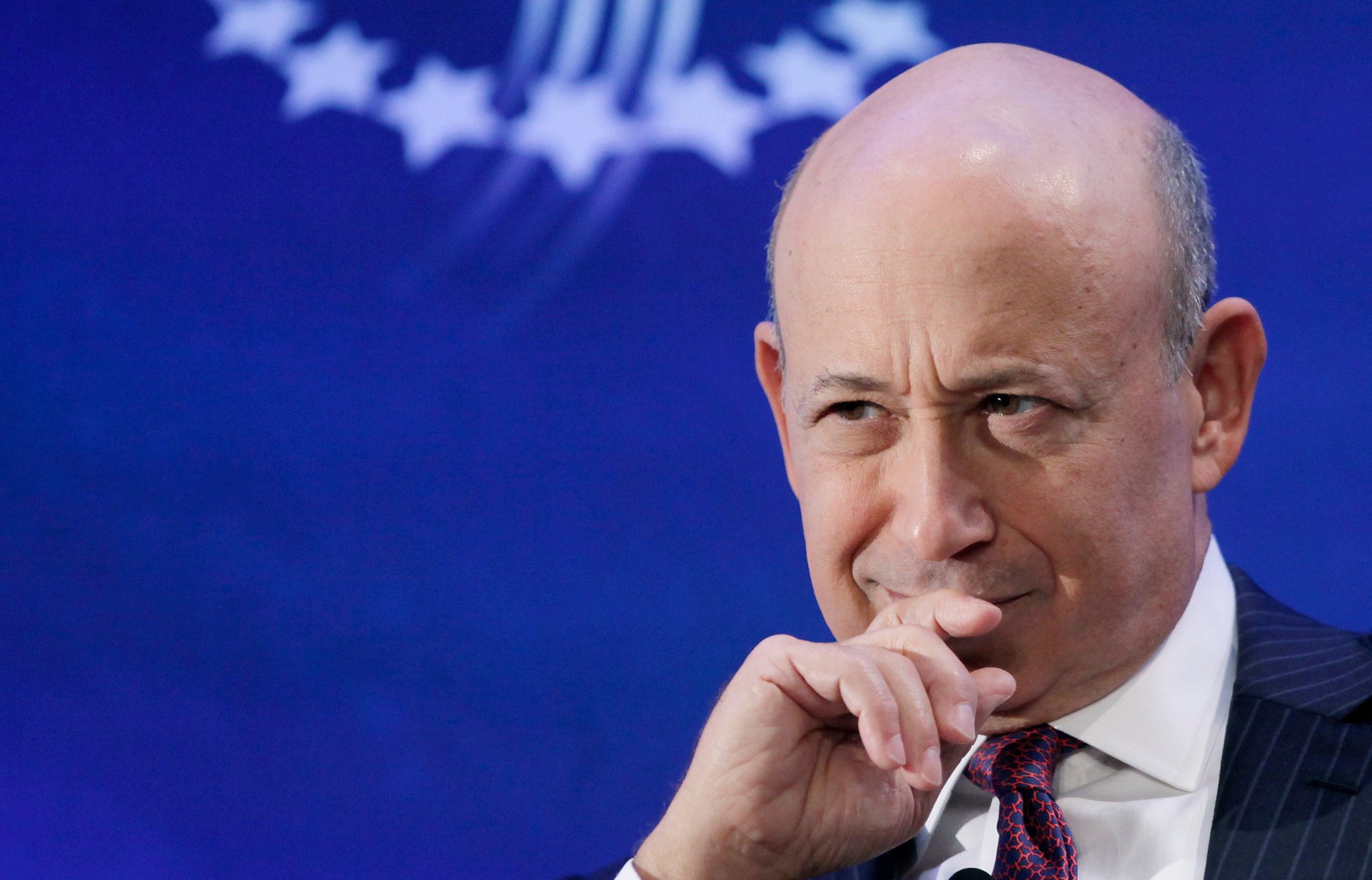In denouncing Trump’s travel ban, Goldman Sachs goes up against a White House filled with Goldman alumni
With at least six former employees working in the Trump administration, it might be expected that Lloyd Blankfein, CEO of Goldman Sachs, would keep quiet about the new US president’s executive order banning travel from seven countries.


With at least six former employees working in the Trump administration, it might be expected that Lloyd Blankfein, CEO of Goldman Sachs, would keep quiet about the new US president’s executive order banning travel from seven countries.
Not so. Blankfein sent a voicemail to Goldman employees last night (Jan. 29), criticizing the order and offering help to workers affected. “This is not a policy we support,” he said.
Blankfein also reaffirmed the value of diversity to Goldman Sachs’ business. “We must attract, retain and motivate people from many backgrounds and perspectives. Being diverse is not optional; it is what we must be,” he said.
Goldman joins a handful of other financial firms—JP Morgan Chase and BlackRock among them—in taking steps to reassure employees. Still, despite its reliance in international workers, the reaction from Wall Street has been muted compared with the full-throated outcry from Silicon Valley.
Blankfein’s voicemail is notable because of the close ties between Goldman and the White House. His second-in-command, and presumed heir apparent, Gary Cohn, left Goldman to become a White House economic advisor. He joined former Goldman alums Steven Mnuchin, nominated to be Trump’s Treasury secretary; Jay Clayton, nominated to head the US Securities & Exchange Commission; Anthony Scaramucci, now a White House advisor; and Dina Powell, a senior counselor. Steve Bannon, Trump’s senior strategist, worked at Goldman in the 1980s.
Blankfein’s defiance of the Trump administration on the immigration order may speak to his independence and values. It might also speak to the true power of his firm. Perhaps the Trump administration needs Goldman Sachs more than Goldman needs Trump.